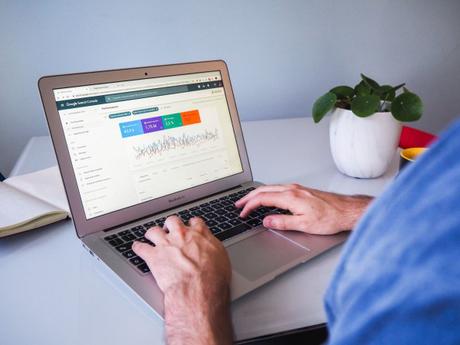Hackers utilize similar methods and techniques to get away with scams. They usually have advanced software knowledge. Hence they create different kinds of malicious software to attack their victims. Did you know, though, that hacking can also severely hurt your website's SEO? In this article, we will discuss how hackers can impact your SEO and learn about ways to protect themselves.

Let's start by discussing the most common attack vectors. These include:
Malware - Malware is a custom type of harmful software that aims to disable a specific network. Malware is usually used to perform data breaches so that hackers would obtain access to highly sensitive data. This type of malicious software can have devastating consequences for the company, both logistics and finance-wise. If a company gets hacked, they are also facing some serious regulatory fines for not protecting their customers' data.
Spamming - Hackers can also penetrate your website and leave hypertexts on your page, so your users would be forwarded to the hacker's website. They use your SEO efforts to increase their web page rankings on Google. So, in short, this is like a non-ethical search engine optimization.
How Hacking Influences Your SEO
If you've been a target of hacking efforts, regardless of their type, there are certain consequences you can expect. Most common include:
GoDaddy's 2018 Small Business Study has revealed that at least 73% of impacted websites have been hacked because of reasons. The whole purpose of this is to scrape a renowned website and exploit the creator's high rankings and website visibility. Then, these websites end up becoming link farms, and their users are often infected with malware, ransomware, phishing, and other exploits. Another thing that hackers like to do is to use SQL injections. If that's the case, recovering your website will be very difficult and time-consuming.
Hackers can also incorporate redirects during the hacking process. Redirects are used to send users to another website different from the one they're currently visiting. These websites usually contain malware, false content, phishing efforts, spammy links, ransomware, cryptojacking, etc. If Google notices these redirects on your website, it can mark it as malicious and hurt your organic search visibility.
Malicious Code
If Google detects malicious code on your website, you may be sanctioned in some way. If Google notices suspicious website activity, users will receive a warning message when going through the website. This can cause fear, and consequently, force your visitors to leave the website to avoid getting infected. Moreover, your website could end up being removed from the search engine altogether. So, malicious code can negatively impact your SEO in the following manner:
- Your overall visits and organic website traffic will drop significantly
- Additional metrics (time on site, pages per session, bounce rate, etc.) will also drop, which can spark some red flags with Google in regards to user experience
- Lastly, your website's reputation will be damaged. Users don't like suspicious websites with security issues, precisely why they usually stay clear of them. This directly impacts your traffic.
Backlinking
As we have briefly touched on before, malicious actors often try to add damaging content to your website during a hack. Sometimes, they will add low-value links, which can negatively impact your SEO. Namely, if your website is filled with questionable links, search engines will be prompted to react, decreasing the level of trust.
Blacklists
Lastly, being hacked can also put you on Google or other search engines' blacklists. This directly impacts your website's presence in SERPs. Moreover, you could be temporarily penalized until the issue is resolved.
How to Improve Your Security and Stay Away from Hackers
When it comes to improving security, your number one lesson should be - prevention is the key . If you implement a proper cybersecurity structure and use additional security tools to ensure that everything is running smoothly, you should be good-to-go. On the other hand, sanitizing the damage after it's been done takes a lot more time, effort, and money. Here's what we recommend doing to ensure that no pesky hackers mess with your SEO efforts:
Always Install Plugins from Reputable Sources - not all website plugins are secure - some were created as a cover for malware. Always download plugins from reputable sources and do your research before using it.
Use a VPN - What is a VPN? VPN is a great tool for malware and privacy protection. They are especially great for remote work, to ensure that your employees handle their work computers with care. VPN should be a part of every cybersecurity strategy .
Don't Share Servers - on shared servers. Other individuals may easily provide hackers with access, upload malicious codes themselves, or send spam.
Perform Penetration Testing - this is a great way to check whether your network can sustain a cyberattack. Penetration testing will help with identifying and remedying vulnerabilities, resulting in a safe cybersecurity environment.
